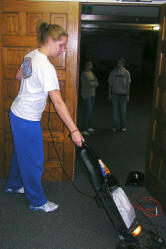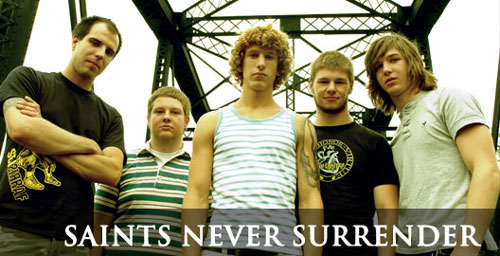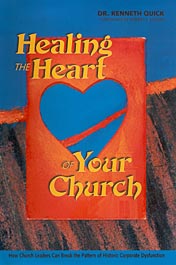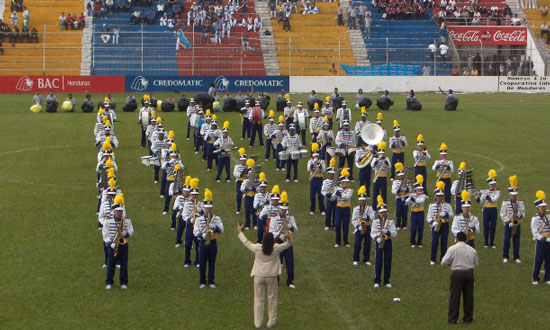28 Nov Engaging God
This afternoon I am attending the first of four seminars scheduled for HU’s new program in worship leadership. The seminar will bring together senior pastors and worship pastors “to encourage greater mutual understanding between the roles and personalities that are mutually dependent on each other” (quote from a letter announcing the seminar). So I have been giving some thought to worship.
Here is some of what I believe abut worship.
First, it is always for an audience of One. Regardless of the size of the congregation, whether one or thousands, the audience of the worship is still just One. The audience is always God! It is for His benefit, for His pleasure. It is not about me, it is all about Him. Yet when I have been privy to worship wars, it is amazing how much of the argument is about what “I” want, what are “my” preferences, and what makes “me” feel good. Not a lot of thought about God in all of that.
Now, we all have our own preferences, and that is fine. But when we presume that our preferences are also God’s preferences, I think we have pushed our preferences too far. So we argue about our preferences, things like whether or not there should be drums in the sanctuary, or electric guitars, or a Praise band. Is drama okay, or video clips from who knows where?
Should we sing the Doxology or do responsive readings, project song lyrics on a screen or use hymnbooks? Or should we _____ (you fill n the blank). The argument about worship becoming entertainment is a shallow one as well. Worship is all about entertainment! Not for our entertainment, but His!
Now, if God truly is the audience of One, don’t you think He ought to have a “dog in the fight” so to speak? Don’t you think we ought to seek what God wants? “Yeah, and just how do you suppose we are to find that out, come on,” you may say. Well, what about searching the Scriptures? For example, what is worship like in Heaven? You can get a glimpse of it in the book of Revelation in those scenes of what happens around the throne. Go back and read those passages and ask yourself whether any of that resembles your worship. Worship is much more than which instruments we play or what songs we sing or whether or not we use hymnals. Worship is really about engaging with God and doing worship for His benefit. Worship is not primarily for me, it is for Him because He is worthy. We do act and talk sometimes like worship is really about me and for me.
Second, I believe that if a local church does not truly engage God in worship on a regular basis, that church will become very inward focused. When we begin to focus so much on what “I’ want in worship, that selfish attitude carries over into other areas of church ministry, such as, say, evangelism. You will never see people around you as “lost” until you see God in His majesty and holiness. Don’t believe me, check out Isaiah 6. Our empty altars and baptismal pools attest to our lack of truly engaging God in our worship.
Third, I believe that true worship is for the corporate Body as it gathers together, but it is also for me as an individual. There is power when the Body joins together in true worship. I am energized by my brothers and sisters as we engage God together. But I can also engage God in true worship individually. True worship is why I was created, to enjoy God and worship Him forever.
I’ve talked a lot in the past about our need to be outward focused. I still believe that. But engaging God in true worship may be the very first step to becoming outward focused.

 On October 21, Huntington University students plunged into the community for the annual Fall Work Day, a tradition since 1996. Volunteers divide into groups, usually by dormitory floors, and are assigned a location and project.
On October 21, Huntington University students plunged into the community for the annual Fall Work Day, a tradition since 1996. Volunteers divide into groups, usually by dormitory floors, and are assigned a location and project. Fall Work Day has averaged about 425 volunteer hours a year. This year’s 222 volunteers, up from 186 in 2005, gave 777 hours of community service. One group went to Huntington’s Head Start to help with yard work–pulling weeds and raking leaves. Another group went to the YMCA to assist with organizing and cleaning rooms. Nichole Wolf (right), a freshman educational ministries major, took donations for the Boot Shake, a Red Cross fundraiser. Maggie McWilliams (left), a freshman elementary education major from Franklin, Ind., helped with cleaning at Good Shepherd UB church.
Fall Work Day has averaged about 425 volunteer hours a year. This year’s 222 volunteers, up from 186 in 2005, gave 777 hours of community service. One group went to Huntington’s Head Start to help with yard work–pulling weeds and raking leaves. Another group went to the YMCA to assist with organizing and cleaning rooms. Nichole Wolf (right), a freshman educational ministries major, took donations for the Boot Shake, a Red Cross fundraiser. Maggie McWilliams (left), a freshman elementary education major from Franklin, Ind., helped with cleaning at Good Shepherd UB church.
 In the last post I mentioned the idea of a corporate time of prayer and confession for sins of the past in our church. Well, I was directed to a great resource, a book by Dr. Kenneth Quick titled, Healing the Heart of Your Church. Some of you might be interested in reading it for the insights it could provide for your local church situation. The publisher is Church Smart. You could order it direct from them or you could order it from our bookstore here. It is worth the read and will give you some insights as to why I possibly began to think about such a time at the National Conference 2007.
In the last post I mentioned the idea of a corporate time of prayer and confession for sins of the past in our church. Well, I was directed to a great resource, a book by Dr. Kenneth Quick titled, Healing the Heart of Your Church. Some of you might be interested in reading it for the insights it could provide for your local church situation. The publisher is Church Smart. You could order it direct from them or you could order it from our bookstore here. It is worth the read and will give you some insights as to why I possibly began to think about such a time at the National Conference 2007.